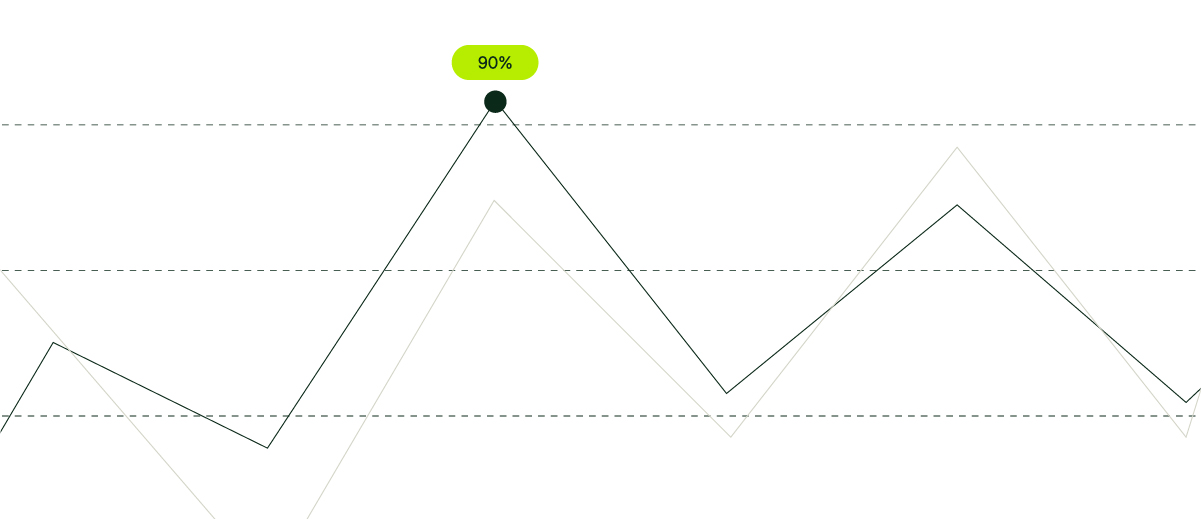This week on the Olive Health Information System website
The newsletter of the University of Navarra and the IOC dedicated to health
The impact of the Mediterranean diet and olive oil on health has been extensively researched across different populations and contexts. Three recent studies have delved into the effects of the Mediterranean diet on cardiovascular health, the reduction of hypertension, and the impact of bioactive components in olive oil, such as oleocanthal and oleacein, on the regulation of various metabolic conditions.
One prospective and controlled study, part of the “METAINFLAMMATION” project, explored how the bioactive components of olive oil, combined with a Mediterranean diet, influence the improvement of symptoms in Long-COVID-19 patients. This study highlights the crucial role of olive oil, particularly its antioxidant capacity, in modifying redox interactions within the body, ultimately regulating energy metabolism. In this context, the Mediterranean diet, rich in antioxidants like resveratrol and polyphenols, along with olive oil, has proven to be an effective intervention for managing the adverse effects of prolonged infections such as those seen in Long-COVID-19 patients. The research emphasizes the importance of the gut microbiota, specifically the Oscillibacter bacteria, which appears to benefit from a diet rich in olive oil, suggesting that changes in the microbiota could directly contribute to the overall health improvements in patients.
Additionally, a recent meta-analysis reviewed multiple observational studies and clinical interventions that analyze the effects of the Mediterranean diet on cardiovascular health and mortality, particularly in older adults. The analysis found that adherence to the Mediterranean diet had a significant positive impact on reducing cardiovascular diseases and improving life expectancy. This dietary pattern, which emphasizes the consumption of olive oil, fruits, vegetables, whole grains and legumes, was associated with a reduced risk of chronic diseases such as hypertension, type 2 diabetes, and coronary heart disease. The anti-inflammatory and antioxidant components found in extra virgin olive oil are likely responsible for these protective effects, helping to reduce systemic inflammation levels and improve blood lipid profiles. This study underscores the importance of incorporating olive oil and the principles of the Mediterranean diet into public health strategies, particularly in older populations.
Finally, a nationwide cohort study focused on the relationship between adherence to the Mediterranean diet and the incidence of hypertension in obese adults in Korea. The study found that higher adherence to the Mediterranean diet was associated with a lower incidence of hypertension in this population. The cardiovascular benefits observed were attributed to the high-quality fats found in olive oil and the antioxidant effects of other components of the Mediterranean diet. The reduction in blood pressure in individuals with obesity is especially relevant, as obesity is a well-known risk factor for the development of hypertension and heart disease.
Taken together, the findings suggest that key components of this diet, such as extra virgin olive oil, not only play an essential role in improving metabolic and cardiovascular conditions but also have the potential to modulate the gut microbiota and reduce the impact of chronic diseases like hypertension and the prolonged effects of infections such as Long-COVID.
Other articles mentioned this week in the OHIS newsletter:
Cardiovascular Disease
Cognitive Decline
The Mediterranean Diet: A powerful defense against Alzheimer disease-A comprehensive review
Elderly Health
Environmental and sustainability
Fundamentals of a healthy and sustainable diet.
Youth Nutrition
Liver & Metabolism
Development of metabolic signatures of plant-richdietary patterns using plant-derived metabolites.
Long COVID
Cancer Prevention
Dietary patterns and risk of oral and oropharyngeal cancers: A systematic review and meta-analysis









